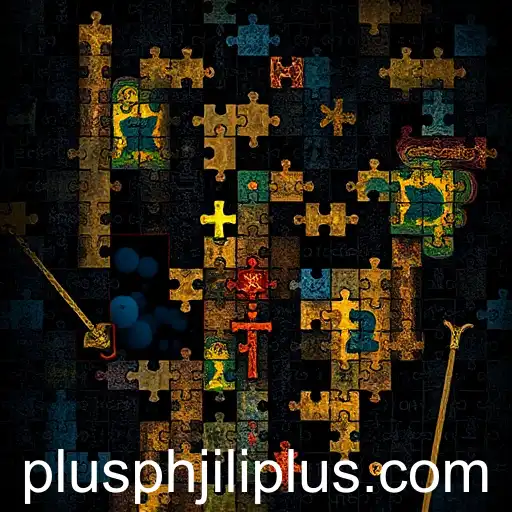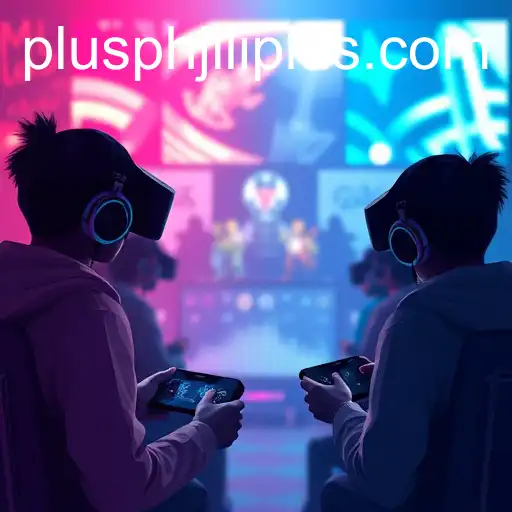
Exploring the Intricacies of Puzzle Games: A Dive into the World of Brain Teasers

In the captivating world of video games, 'Puzzle Games' have carved a unique niche, appealing to players who relish the thrill of solving complex problems, unraveling mysteries, and navigating through intricate challenges. With the keyword 'phjiliplus', these games offer diverse experiences, ranging from classic jigsaws and crosswords to elaborate narrative-driven enigmas that test both logic and creativity.
Puzzle games are designed to engage the brain, requiring players to think critically and strategically to progress. One popular form of puzzle gaming involves block and tile games, where players arrange various shapes to complete lines, matching or aligning specific pieces. These games often emphasize spatial awareness and quick thinking, with titles like Tetris and Candy Crush Saga exemplifying the genre's widespread appeal.
Another subcategory within puzzle games is the 'escape room' genre, captivating players with immersive environments where solving intricate clues serves as the key to advancing the storyline. Each puzzle solution brings a sense of accomplishment and progress, often with time constraints adding an adrenaline-pumping element to the challenge.
Moreover, narrative puzzle games incorporate storytelling elements, creating an immersive experience where narrative and puzzle-solving meld harmoniously. Games like The Witness and Professor Layton series are prime examples where every solved puzzle unveils a fragment of the overarching story, keeping players both intellectually and emotionally invested.
Puzzle games cater to a broad demographic, offering accessibility through simplicity while providing advanced challenges for veteran players. This inclusive nature can be attributed to the genre's flexibility in design, allowing developers to craft experiences ranging from quick five-minute teasers to elaborate, multi-hour adventures.
In recent years, the integration of AI and machine learning has introduced new dimensions to puzzle gaming. These technologies analyze player behavior, customizing challenges to maintain a perfect balance of difficulty and engagement, ensuring each player receives a tailor-fit gaming experience.
Puzzle games also provide educational benefits, known to enhance cognitive functions such as problem-solving skills, memory retention, and concentration. This educational aspect is evident in academic settings where puzzle games are employed as learning tools, enriching traditional teaching methods with interactive problem-solving exercises that stimulate intellectual curiosity and knowledge retention.
As technology continues to evolve, the future of puzzle games promises even more innovative and interactive experiences. Virtual reality and augmented reality are expanding the boundaries of puzzle gaming, allowing players to step inside the puzzle itself and engage with it in new and exciting ways.
In essence, puzzle games are not just about entertainment but are a portal to a world where logic, creativity, and storytelling converge, offering players a chance to sharpen their minds while losing themselves in intricate and alluring challenges.
Rising Trends in Online Gaming Communities

Exploring the evolving landscape of online gaming communities and their impact on global gaming culture.
2026-01-14
The Rise of Phjiliplus in Gaming

Phjiliplus becomes a leading platform in the gaming industry, offering innovative experiences and reshaping online entertainment.
2026-01-13
The Rise of Phjiliplus in Gaming Culture

Exploring the impact and evolution of Phjiliplus as a major player in online gaming culture in 2026.
2026-01-11
The Digital Evolution of Gaming on Philiplus

An exploration of Philiplus, a leading game platform, and how it impacts the global gaming industry in 2026.
2026-01-10






